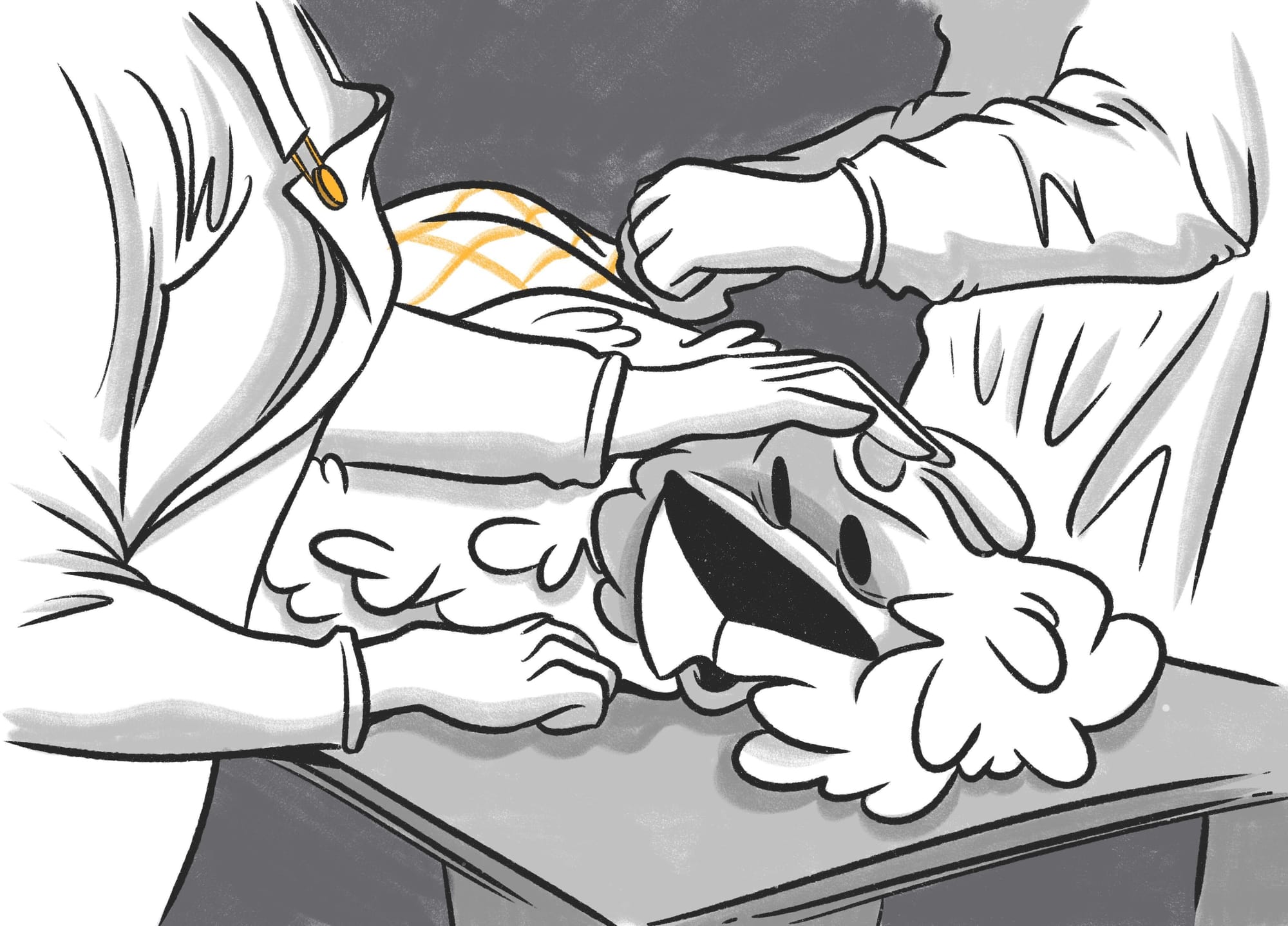We often hope that no one we know is diagnosed with cancer and often we forget many pets can develop the same forms of cancer as people. A cancer diagnosis in a pet can be heartbreaking. Fortunately, with advances in medicine we now have veterinary oncologists able to help save or prolong your beloved pet’s life.
Dr. B. Davis says: “Domestic dogs are unique from other animal models of cancer in that they generally experience spontaneous disease. In addition, most types of cancer observed in humans are found in dogs.”
Stop Googling - Ask a Real Vet
Content:
What Is the Average Cost of Pet Cancer Treatment
As with people there are many different types of cancer. An owner's first point of call is to see their local veterinarian when their pet shows signs of any lesions, growths or unusual behaviours. Diagnosing cancers can involve many tests such as: fine needle aspirate of a suspicious growth, ultrasound scans, x-rays, surgical biopsies or even CT scans to make a definitive diagnosis.
In a study performed in Italy the most frequently diagnosed cancers among male dogs in order of most frequent to least were: lymphomas, melanomas, cancer on genital organs, and then connective and other soft tissues. In the same study among female dogs’ mammary cancers were the most frequently diagnosed and then the same order of cancers that was observed in the male dogs was found.
As with humans all these tests and procedures cost money. It is highly recommended to have your pet signed up with a medical fund such as Petcube’s Emergency Fund from when you welcome your pet to your home until they are no longer with you.
The Veterinary Cancer Society reports the following on costs: “Consultation fees for oncologists vary by hospital or clinic and even where in the country they are located. You can expect to pay anywhere from $125-$250 for an initial consultation. Chemotherapy costs can have a wide range as well from as little as $150 per dose up to about $600 per dose. This fee will certainly depend upon the drug used and whether it is oral or IV. Typically, that fee includes all portions of the visit: recheck exam fee, blood work, chemo prep and administration costs, etc. but be sure to ask for specifics when you call or visit. Radiation costs range from $1000- 1800 for a palliative protocol and about $4500-6000 for a curative intent protocol. Surgeries are highly dependent on tumour type and location. Be sure to consult with the surgeon that will likely perform the procedure.”
Does Pet Insurance Cover Cancer
Each Pet Insurance differs, and many have various plans or options available depending on your budget. We highly recommend that you read the fine print when signing up with a pet insurance and asking what is and is not covered, such as cancer treatment. Most top tier plans should cover cancer diagnoses and treatments, but some will not due to the high cost of certain treatments such as radiation.
Dr. A Sarver from the Masonic Cancer Centre says: “In dogs and humans, recent dramatic alterations in healthcare and social structures have allowed increasing numbers of individuals in both species to far exceed their species-adapted longevities (by two to four times) without allowing the time necessary for compensatory natural selection. In other words, the cancer-protective mechanisms that restrain risk at comparable levels to other species for their adapted lifespan are incapable of providing cancer protection over this recent, drastic, and widespread increase in longevity.”
Conclusion
In recent research cancer has been documented as one of the most common causes of death for dogs and cats in the developed world. It is highly recommended to take out a form of pet insurance to give your pet the best possible care when they need it.
Was this article helpful?
Help us make our articles even better









